Publications
Articles, publications, books, tools and multimedia features from the U.S. Institute of Peace provide the latest news, analysis, research findings, practitioner guides and reports, all related to the conflict zones and issues that are at the center of the Institute’s work to prevent and reduce violent conflict.
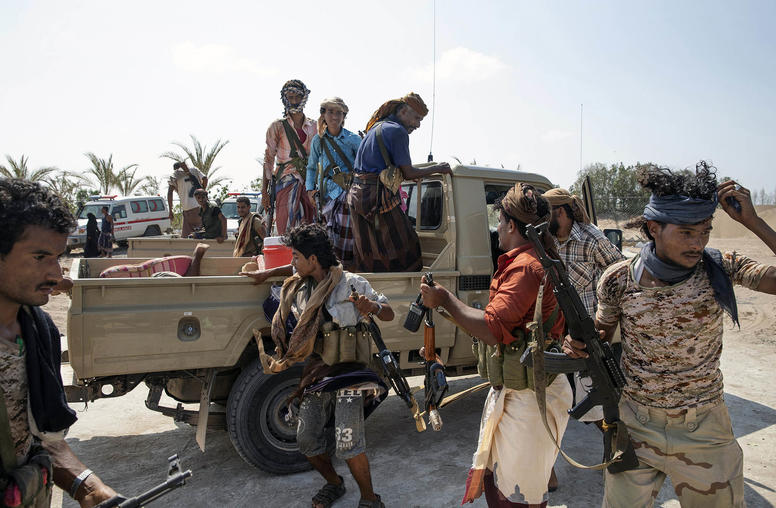
What You Need to Know About China’s Saudi-Iran Deal
Iran and Saudi Arabia announced last Friday a Chinese-brokered deal to restore relations. After decades of enmity and a formal cutting of ties in 2016, the rapprochement has been touted as a momentous development in the region. But how it ultimately impacts the Middle East remains a very open question, as the long adversarial powers are fighting a proxy war in Yemen and continue to support opposing sides across the region. Amid perceived U.S. retrenchment from the Middle East, the deal is a diplomatic win for China as it increasingly seeks to present an alternative vision to the U.S.-led global order.
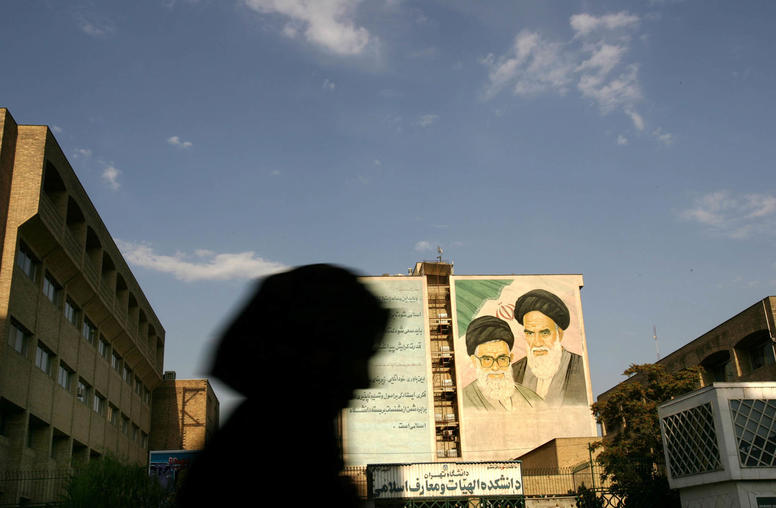
Whither Iran on the Revolution’s Anniversary?
Iran marks the anniversary of the Islamic revolution in February amid increasingly existential challenges at home and in relations with the outside world. Four months of nationwide protests — triggered by the death of 22-year-old Mahsa Amini in September 2022 — reflected deepening discontent among Iran’s Gen Z. Young women on streets and at schools abandoned the headscarves required by law, as shouts of “woman, life, freedom” and “death to the dictator” echoed across campus grounds. The protests were a brazen rejection of Supreme Leader Ayatollah Ali Khamenei and, more broadly, the theocracy’s basic belief that god’s law supersedes human laws. The scope of fury was reflected on October 8, when female students at Al Zahra University in Tehran shouted “Clerics, get lost” during a visit by President Ebrahim Raisi.
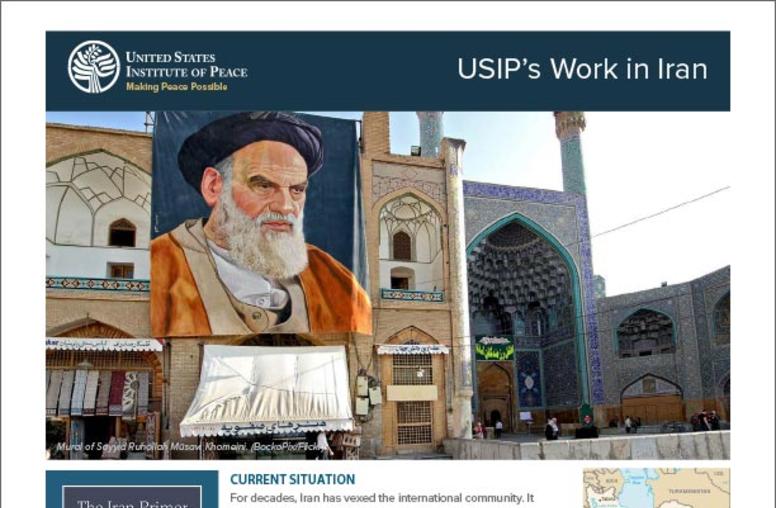
The Current Situation in Iran
For decades, Iran has vexed the international community. It introduced Islam as a form of governance in 1979 and has supported militants abroad and defied international norms. In May 2018, the Trump administration withdrew from the 2015 nuclear agreement negotiated by six world powers and Iran. The administration argued that the deal did not adequately curb Tehran’s nuclear program or address its missile program, human rights abuses, and support for terror.
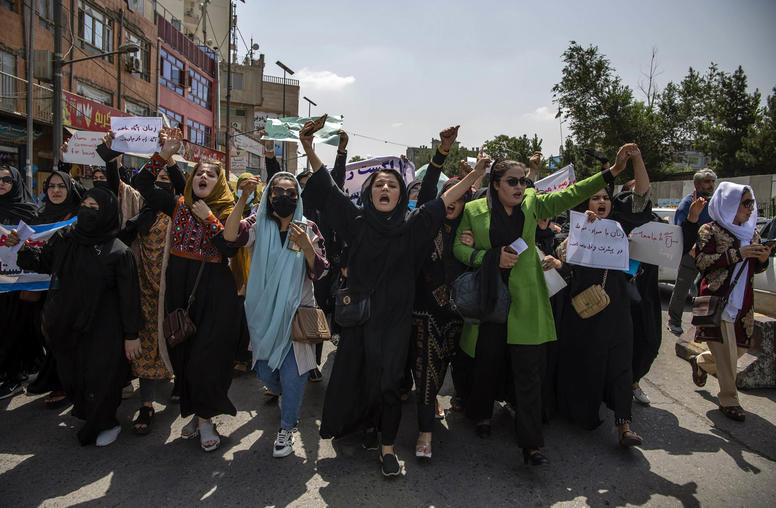
Iran’s Protests ... and the Afghan Sisters Next Door
Iran’s women are seizing worldwide admiration with 26 days of courageous defiance against their authoritarian government’s violent confinement of females as second-class citizens who may not freely work, marry, divorce, travel or even be seen with their heads uncovered. Less noted are this audacious movement’s existing, and potential, connections to the tenacious, 14-month campaign by Afghan women resisting the even tighter oppression of the Taliban. Street protest slogans, social media posts and other links illustrate a synergy between the movements that both should use in the difficult task of converting their inspiring courage into real change.
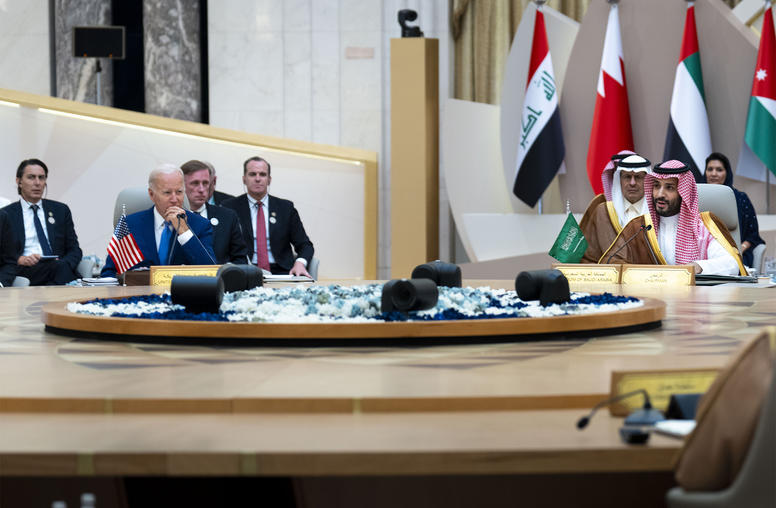
Five Takeaways from Biden’s Visit to the Middle East
President Biden made his first trip to the Middle East last week, visiting Israel and Saudi Arabia. While the trip yielded little in the way of flashy announcements — like new normalization agreements or Saudi Arabia boosting oil production — it did demonstrate that the United States remains focused on enhancing the region’s security architecture, particularly to counter Iran. Still, there were some notable developments, like a U.S.-Saudi agreement to build 5G and 6G telecommunications networks and Riyadh opening airspace to Israeli flights. On the Israeli-Palestinian front, the president affirmed Washington’s long-standing commitment to Israel and said that now was not the time to reengage on peace talks with the Palestinians.
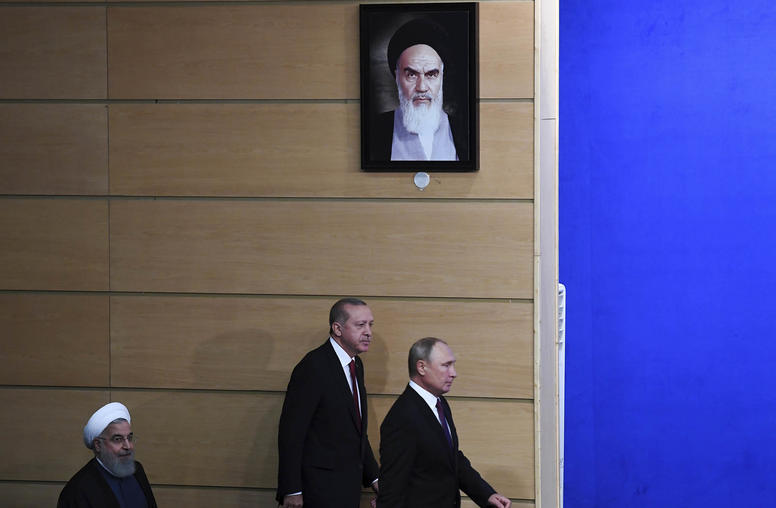
Putin and Erdogan in Iran to Discuss Syria’s Future, Ukraine War
The leaders of Russia, Turkey and Iran are gathering in Tehran, with Ankara’s threat of a new incursion into northern Syria likely to top the agenda. While Turkish President Recep Tayyip Erdogan has both domestic and strategic reasons for the move, Russian President Vladimir Putin and Iranian President Ebrahim Raisi want to maintain the status quo in Syria, where both their countries have expended significant resources to prop up the Assad regime. Russia’s war on Ukraine will also feature prominently at the trilateral summit. Iran has offered to provide Moscow with drones and Putin and Erdogan are reportedly set to discuss restarting Ukrainian grain exports in the Black Sea.
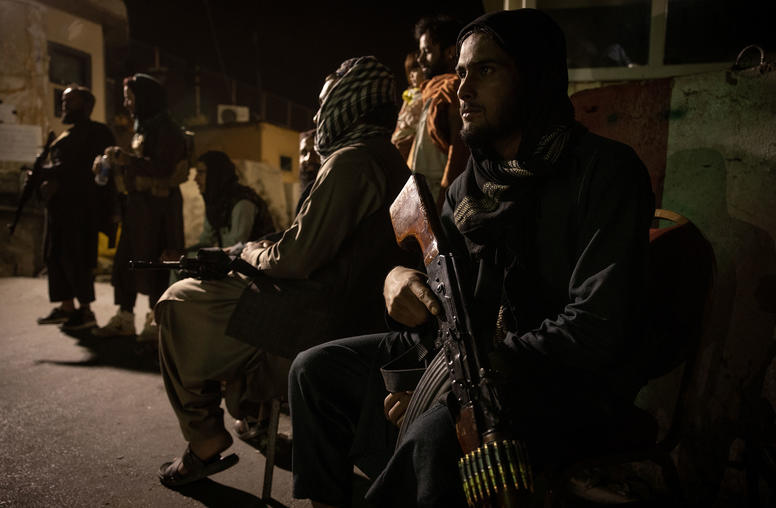
How the Region is Reacting to the Taliban Takeover
While the Taliban’s swift advance into Kabul over the weekend has left much of the West reeling, Afghans themselves will bear the brunt of the militant group’s rule. Beyond Afghanistan’s borders, its neighbors will feel the most immediate impact. Earlier this year, Russia, China and Pakistan affirmed that the future of Afghanistan should be decided through dialogue and political negotiations. How will they engage with the Taliban now?
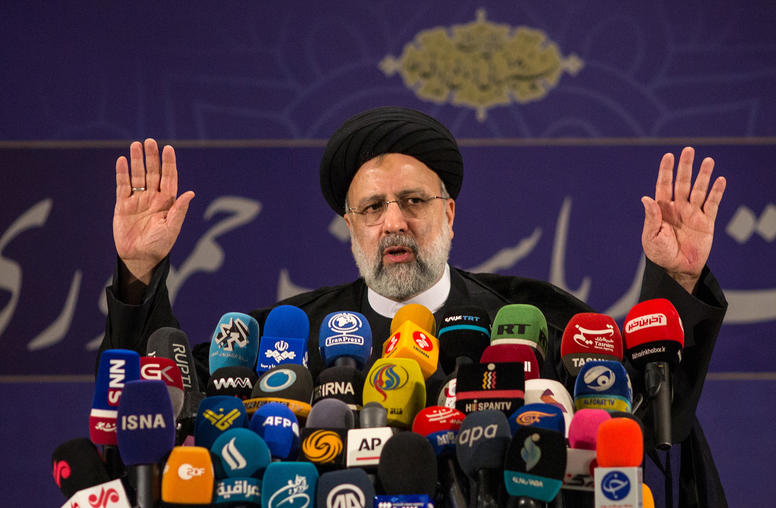
What You Need to Know About Iran’s Election and New President
Hard-liner Ebrahim Raisi won Iran's presidential election amid a historically low turnout on June 18. He will be inaugurated in early August and have significant influence over domestic policy and foreign affairs, although Supreme Leader Ayatollah Ali Khamenei has the ultimate say. Raisi’s election comes as the Biden administration is working with other major powers to bring the United States and Iran into full compliance to the 2015 nuclear deal, which the president-elect has expressed interest in reviving to take advantage of its economic benefits. USIP’s Garrett Nada looks at the implications of Raisi’s election victory and what it could mean for the Islamic Republic’s ties to the outside world.
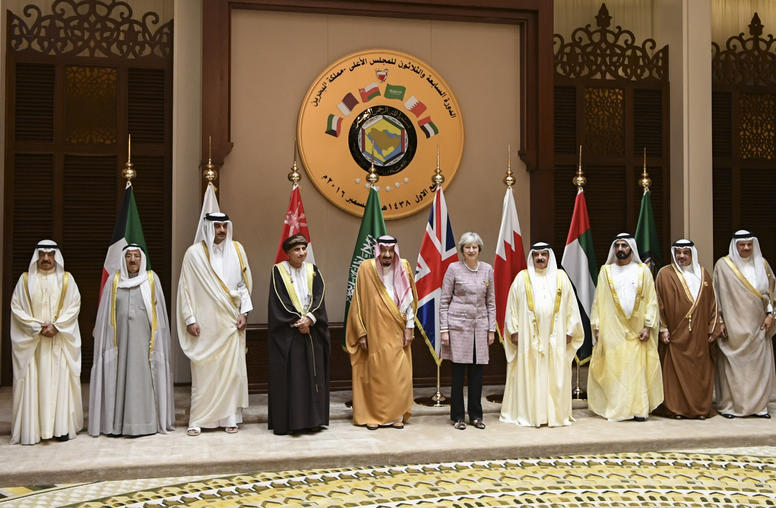
Iran Nuclear Talks Open a Window for Broader Middle East Security
Since the end of World War II, there have been several attempts that ultimately failed to establish a regional security framework in the Middle East. These attempts have historically fallen short, undermined by distrust, power politics and conflict. Today, a new window of opportunity may be emerging to establish a stable, broadly accepted mechanism for deescalating conflicts, setting norms and building confidence and cooperation between states in the region. World powers should consider the ongoing Vienna talks — aimed at reviving the Iran nuclear deal that the Trump administration withdrew from — the first step in this direction.
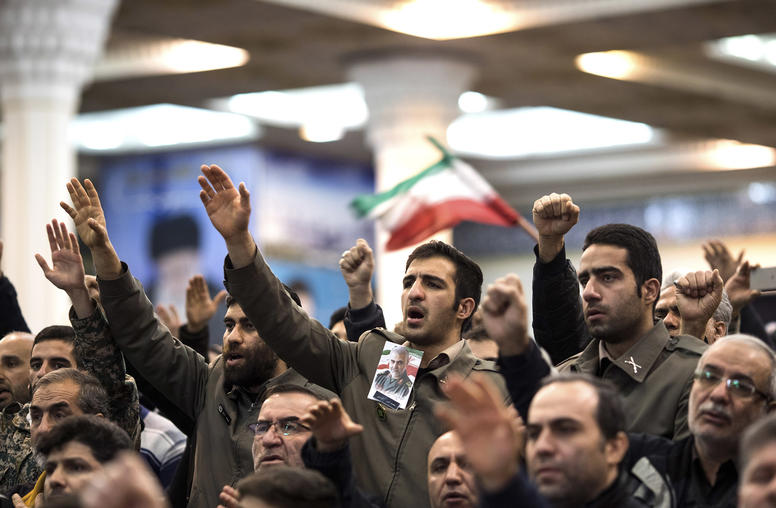
A Year After Soleimani Strike, Iraq Bears the Brunt of U.S.-Iran Tensions
The January 3, 2020 U.S. drone strike that killed powerful Iranian commander Qassem Soleimani on Iraqi soil marked an escalation in already simmering U.S.-Iran tensions. For Iraqi leaders, the Soleimani strike exacerbated an already challenging balancing act in maintaining Baghdad’s relationships with the United States and Iran, with whom it shares a long border and religious and social ties. During the past tumultuous year for Iraq, U.S. forces and Iranian-allied armed groups engaged in tit-for-tat attacks in Iraq. USIP’s Elie Abouaoun and Sarhang Hamasaeed look at how U.S.-Iran tensions played out last year in Iraq and the region and if the incoming U.S. administration, and its desire to reengage in nuclear talks with Iran, could help allay the impact on Iraq.